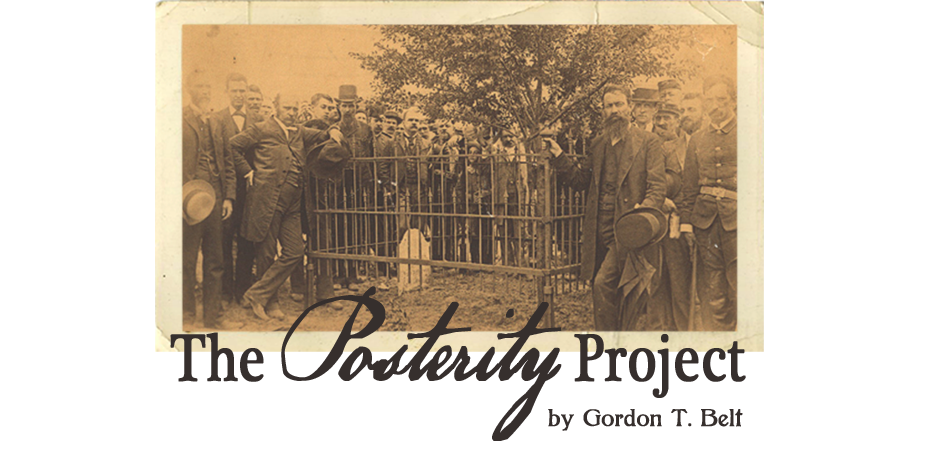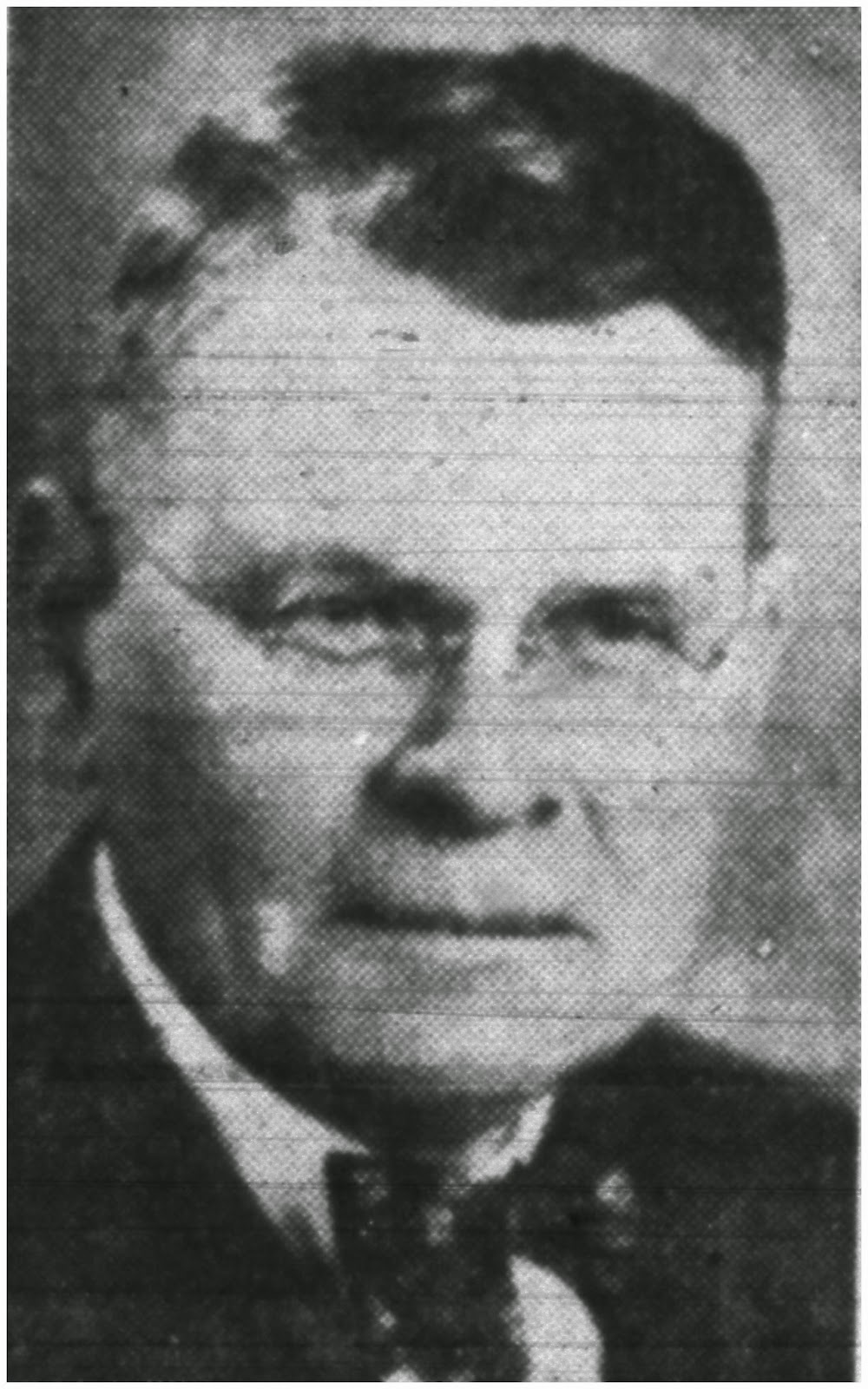Brown, a Chattanooga native, wrote Old Frontiers in the midst of the Great Depression. That economic calamity and the societal pressures surrounding it surely influenced Brown's account of the Cherokee removal that occurred a century earlier. At the beginning of the twentieth century, scholars and historians, like Brown, attempted to debunk the myths and legends crafted by earlier chroniclers. Global war, economic chaos and what one contemporary scholar termed "the intrusive thrust of modernism" led many writers of the period to bring the past "down to non-heroic yet human proportions."
In a review of Old Frontiers entitled, "The Cherokee Nation: A Careful Study of Unsavory History," published in the Nashville Tennessean, Sept. 18, 1938, writer Sam Carson made the following observation of Brown's work: "We gather, by preponderance of evidence, that the Cherokees were more loyal to whites than any other race, that is, in the South. They fought more for white men than against them. They were sold out time and again by bribed leaders. Their rebellions were inspired by constant encroachments. And only recently have we brought ourselves around to admit injustices to the original residents of North America."
Despite Brown's effort to correct history's slight of the Cherokees, his narrative still deified many of the white settlers who he ultimately blamed for the Cherokee removal, including John Sevier, who Brown described as an "unselfish commander" whose "whole-hearted acceptance" by the "rough and ready frontiersmen" made him an indispensable leader on the frontier.
 |
| Old Frontiers by John P. Brown |
Brown also absolved the Cherokees from blame for their own depredations against the settlers of the Trans-Appalachian frontier, suggesting that they fought for the same cause as the white man. "If the Indian scalped his enemy, or burned at the stake the man who would take his country," Brown wrote, "it was nonetheless America for which he fought, with the only means at his command. Recognizing the faults of the red man, and balancing them against his treatment at our hands, the scales tip in his favor."
Despite its tortured and paternalistic hagiography, Brown's Old Frontiers is an entertaining read, broad in scope, yet filled with individual tales of adventure. There is much that the frontier scholar and Early American historian can gain from reading this volume. Brown drew liberally from both primary and secondary sources, and provided readers with copious footnotes. These sources provide the reader with an opportunity to deeply explore this world from the perspective of the actors themselves and from the scholars who interpreted their actions. History and memory, themes explored frequently on this blog, are also present throughout Brown's work. The stories found within this volume are ripe for further analysis, making Old Frontiers a book worthy of rediscovery and scholarly interpretation.
Old Frontiers by John P. Brown, Southern Publishers, Inc., Kingsport, Tenn., 1938, is available in most public or university libraries, and may be purchased through any number of used book stores or antiquarian book dealers.

Gordon Belt is an information professional, archives advocate, public historian, and author of The History Press book, John Sevier: Tennessee's First Hero, which examines the life of Tennessee's first governor, John Sevier, through the lens of history and memory. On The Posterity Project, Gordon offers reflections on archives, public history, and memory from his home state of Tennessee.

